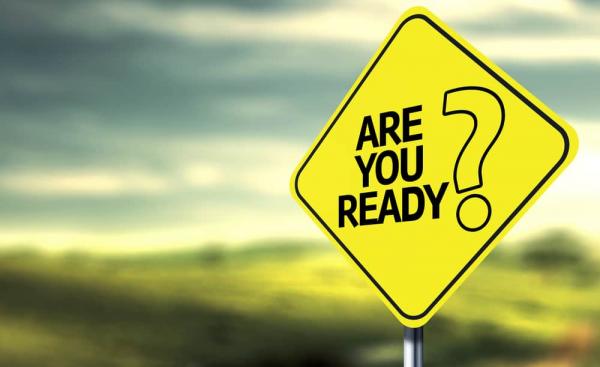
Editor's Note: This article was originally published on NurturingMarriage.org. It has been republished here with permission.
Sometimes life just happens. The furnace breaks down, you lose your job, the car needs a repair, unexpected medical bills pile up, etc. When the unexpected happens, having an emergency fund available will make an already challenging situation much less stressful.
Most financial experts will tell you that your emergency fund should be large enough to cover at least six months worth of expenses (nine to twelve months in a cash reserve is more ideal). Depending on what your fixed expenses look like, that could add up to a good amount of change.
So how do you build your emergency fund, even if things are tight? Try these tips:
1. Remember that every little bit helps
Save every little bit you can. Squeeze everything you can out of your budget. Take advantage of deals. Coupon. Whatever it takes.
Even if you can only set aside $25 a week or $100 a month, do it. The key is to be consistent and disciplined. It may take a while, but over time your contributions will add up into a more significant sum. Just stick with it.
2. Take advantage of cash rewards with your credit card
Many credit cards will give you the option to get cash back on every purchase you make. Each card is different, but you could get back anywhere between 1-5%. Over the course of a year, that could very easily add up to several hundred dollars, or more. Rather than spend that money on the latest gadget, put it towards your emergency fund, and then do it again next year. Just remember, getting cash back on every purchase shouldn't be used as an excuse to spend more and rack up credit card debt.
3. Take advantage of free cash when opening up new bank accounts
We recently opened up a new bank account and got paid $200 to do it - for opening up an account we needed and would have opened anyway! Pretty cool. Now, $200 bucks may not feel like much when you're trying to save tens of thousands, but it's free cash and every little bit helps. So if you're in the market for a new bank account, make sure you seek out the best deals.
4. Small sacrifices add up
If you take a look at your budget, most couples are able to find at least a handful of items that aren't "necessities." Cutting out just a few of these and putting that money towards your emergency fund can make a big difference. Maybe you don't need to go out with your buddies on that paintball trip. Or maybe you can plan your vacation a little closer to home this time around. Or perhaps you really don't need that new pair of shoes (be honest, now). Could you swap babysitting with another couple instead of paying a babysitter this week? Get creative, and it will pay off.
5. Save your tax return
One time a year Uncle Sam may just send you a check in the mail. How nice. Rather than spending your entire new found fortune, try celebrating over dinner and putting the rest away in your emergency fund. It may not be the excitement you were hoping for, but you'll appreciate it when the unexpected happens.

